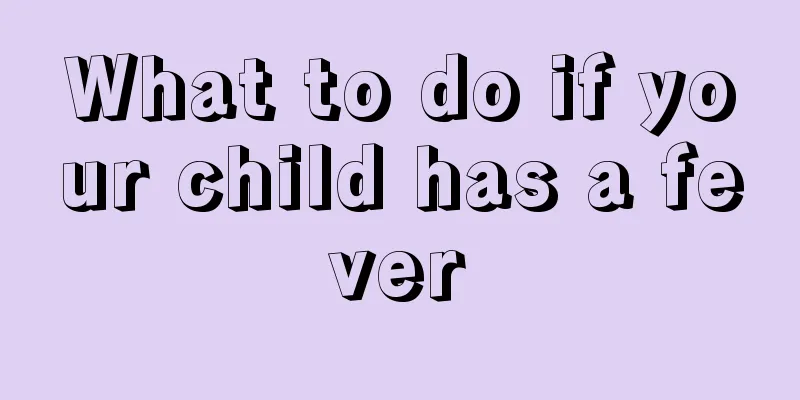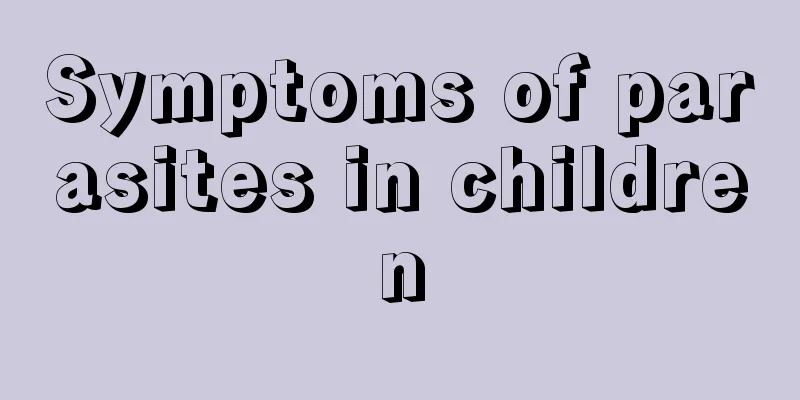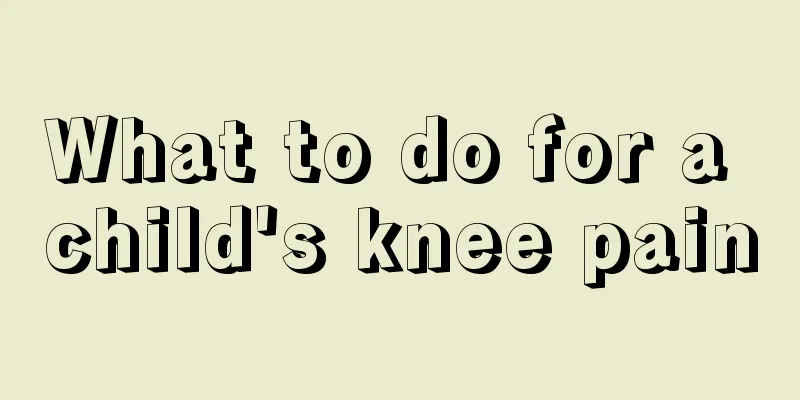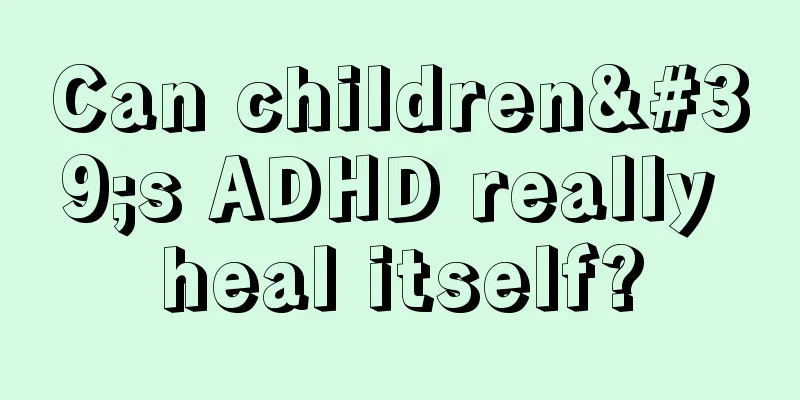What to do if your child has a fever

|
It is quite common for young children to have fever in our lives. Because young children's body resistance is relatively fragile, they are easily infected by diseases, which can cause symptoms of fever. Therefore, we should take children out for exercise to improve their body resistance. In the case of fever in young children, we should measure the body temperature and then choose drug treatment based on the cause of the disease. First of all, when encountering a fever, one thing parents need to do is to stay calm. Staying calm is the most important quality that parents need when taking care of their babies. If the baby has a fever, the parents will panic themselves. How can they take good care of the baby? At the same time, they may infect the baby with bad emotions and make the baby's condition worse. In addition, both Chinese and Western medicine believe that a baby's moderate fever is not entirely a bad thing, and it also has certain benefits for the baby. Therefore, when your baby has a fever, the most important thing parents need to do is to stay calm, observe the baby's condition, and then make the next correct decision. Next, you need to carefully check the baby's mental state, measure the body temperature, and decide whether to take the baby to the hospital or take care of him at home. There are different situations when a baby has a fever. For example, 1. The body temperature is 38℃, the baby will feel a little uncomfortable, but in good spirits, without serious accompanying symptoms; 2. The body temperature is 39℃, the baby is listless, drowsy, and does not eat or drink water; 3. There is a history of convulsions, the body temperature is over 40℃, the baby cries constantly, is difficult to control, talks nonsense, and even has convulsions. These three conditions are common when the baby has a fever. The first type is suitable for home care, while the second and third types require prompt medical attention. Finally, it is to take good care of the baby and reduce the fever as soon as possible. How to care for the baby should be based on the cause of the baby's fever, rather than the parents' arbitrary decision. There are many reasons why babies have a fever, but there are only a few common ones. The first one is the fever caused by a cold due to catching cold. This is also a common cause of fever in babies. Strong winds in autumn, insufficient warmth of the baby, or drinking cold water may cause the baby to catch a cold. This type of fever is often accompanied by symptoms such as runny nose, cough, abdominal pain, and vomiting. Therefore, the first thing mothers need to do is to keep their babies warm and prevent them from catching cold again and aggravating their condition. Second, a stomach upset may also cause the baby to have a fever. Some parents may feed their babies food that is too high in protein and too irritating, which can easily cause indigestion in the baby and increase the burden on the baby's stomach and intestines, which may cause the baby to have a fever. This type of fever is often manifested by dry stools, bad breath, and recurrent fever. Therefore, when encountering this type of fever, what mothers need to do is to control the baby's diet and avoid certain foods. The third one is the fever caused by the rash of infection. Sometimes there are frequent epidemics of infectious diseases, and babies are susceptible to infection, which may cause rashes and fever. This also often occurs in babies under 5 years old. When encountering this type of fever, what mothers need to do is to keep the baby's skin clean and dry to prevent the baby from scratching the rash. In addition to the care provided by different types of causes, there are also some care methods that apply to all types of fever. Reduce baby's fever. When the temperature is below 38℃, you can use physical cooling methods to reduce the fever, such as wiping the areas where large blood vessels flow with warm water; if the temperature exceeds 38℃, you need to take medication to reduce the fever under the guidance of a doctor. When your baby has a fever, control his diet. When your baby has a fever, you can let him drink more water to help reduce the temperature. It is not recommended to eat too much meat and fish, especially salty, sweet, greasy, and spicy foods. When your baby has a fever, you should rest more and go out less. You can also soak your baby's feet at night to help excrete toxins, etc. A baby's fever is not as scary as parents think. Sometimes it is also a good thing for the baby as it can improve immunity. Parents should adjust their mindset and deal with their baby's fever correctly. |
<<: Precautions for children in emergency department
>>: Baby's eyes are red_Children's eyes are red
Recommend
Why does my baby cough so much when sleeping at night?
Generally speaking, babies need to be well cared ...
Can children's vaccines be administered in other places?
It is common sense to vaccinate children. After a...
What to do if your child has blindness
Due to lack of attention to eye hygiene, often ru...
What's wrong with a child biting his lower lip?
If you do not pay attention to educating your chi...
What is the reason why baby has poor appetite?
In summer, the weather is very hot, which can eas...
Things to note when your child loses teeth at the age of 8
We have a saying in our family, "At the age ...
What is the cause of white ringworm on the face of a 4-year-old child?
Although children do not care much about their ap...
Two and a half year old baby constipation
If an adult is constipated, he or she can choose ...
Child accidentally ingested trace amounts of rat poison
Rat poison is a drug with many chemical component...
What should I do if my 18-month-old baby is zinc deficient?
If your 18-month-old baby is zinc deficient, you ...
Reasons why babies keep waking up at night
Does your baby always wake up at night? Nowadays,...
What are the symptoms of mycoplasma and chlamydia infection in children?
The symptoms of mycoplasma infection in children ...
What can't children eat when they have chickenpox?
Chickenpox is a disease that usually occurs in ch...
What should you do if your child's cough causes a headache?
When the seasons change, it is easy to catch a co...
Is it good for children to drink milk on an empty stomach in the morning?
We all have the habit of drinking milk. We all kn...









